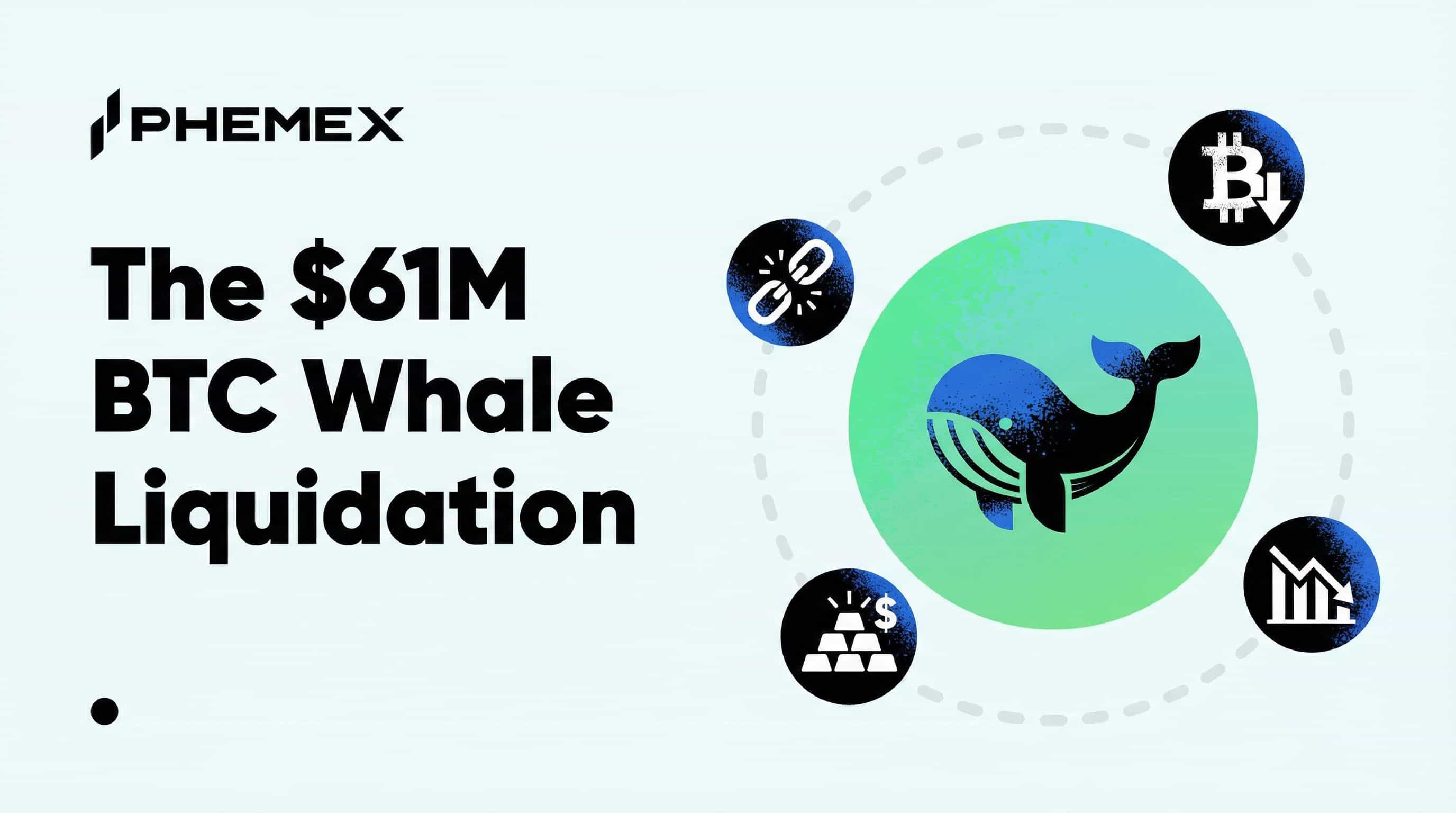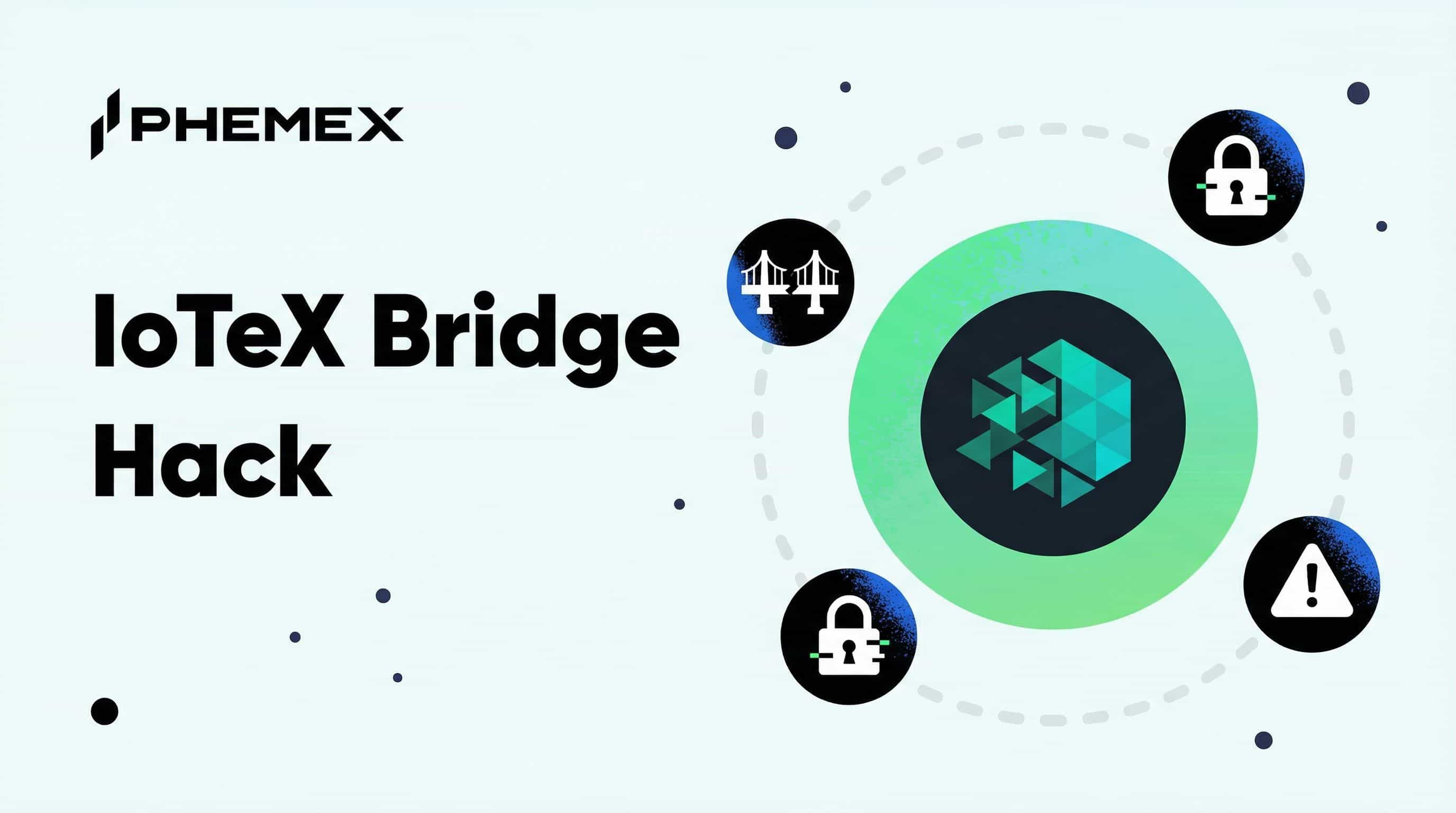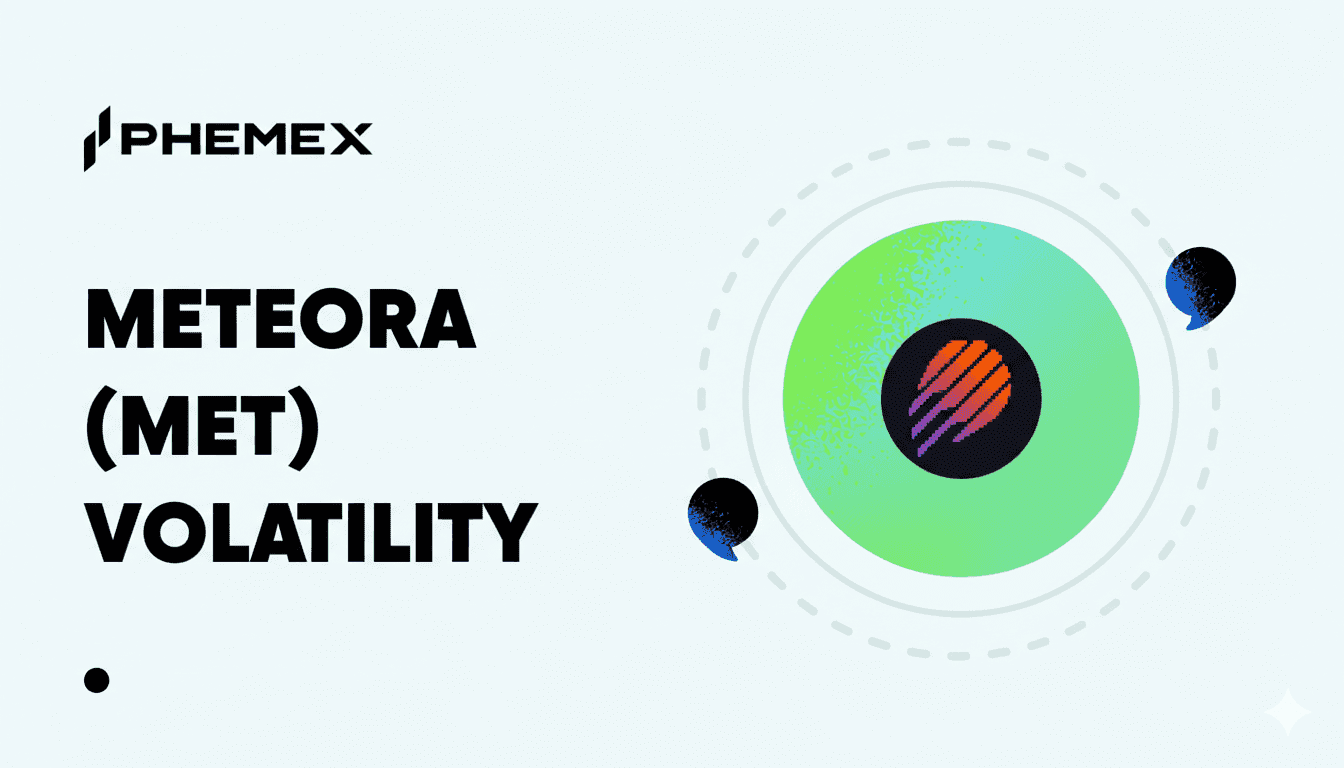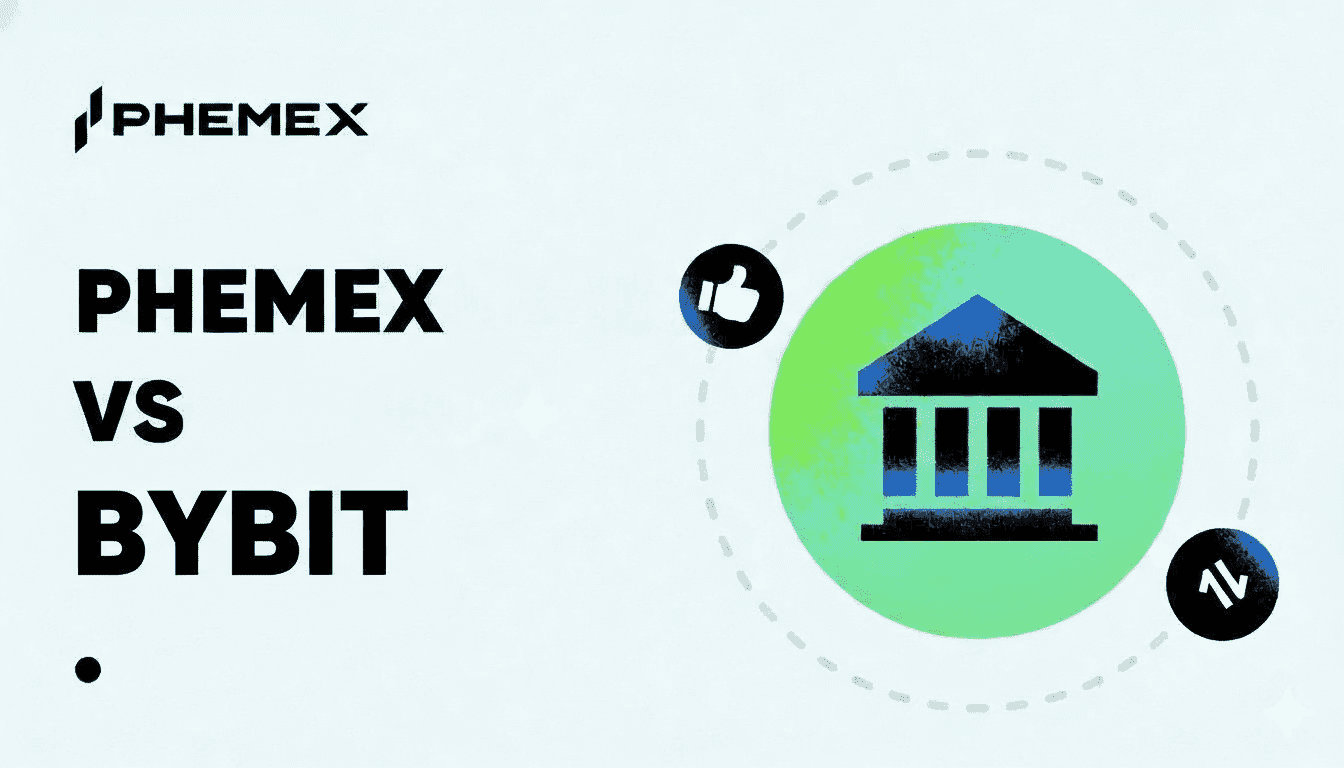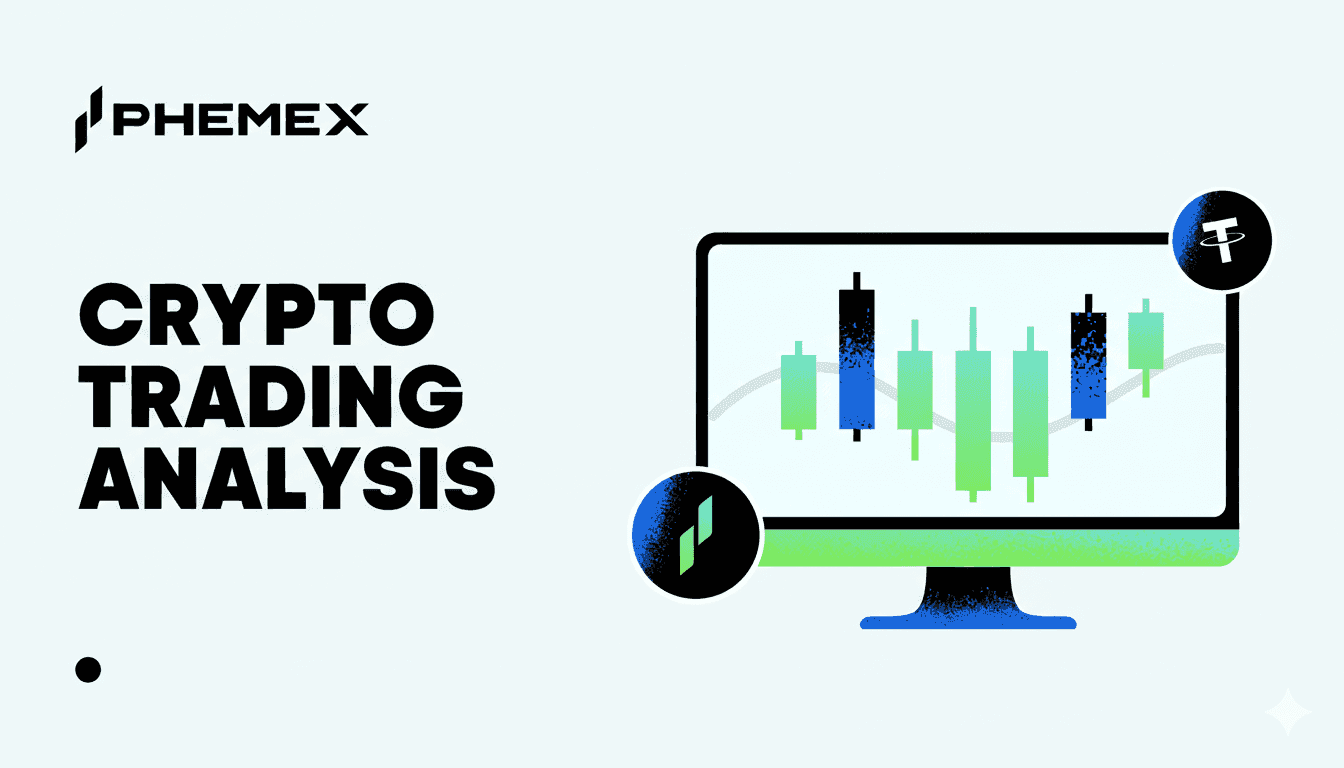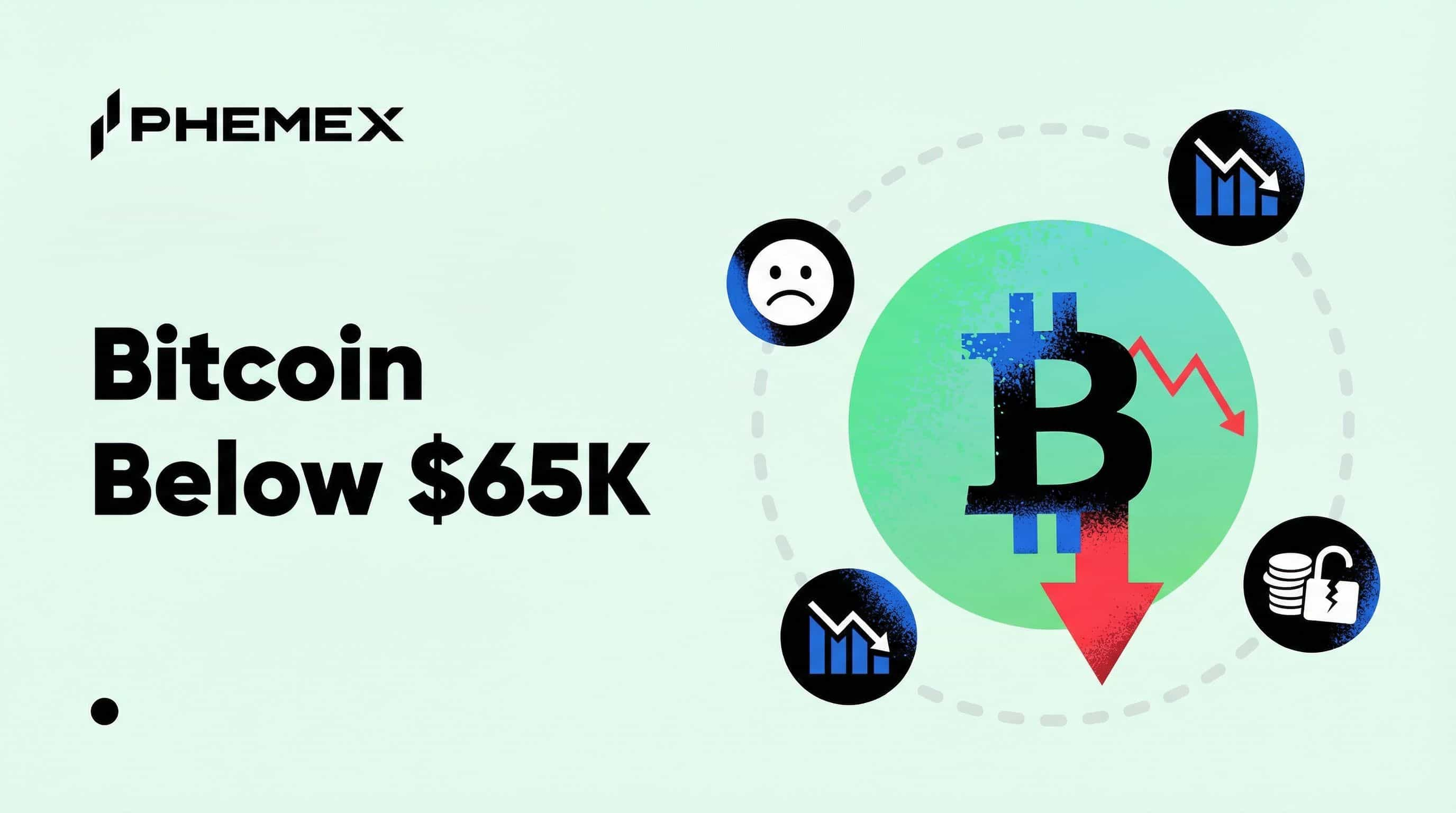NFTs are marketed as unique tokens that can be traded and used for things such as real estate and sports collectibles. However, today’s NFTs are a far cry from their promise of digital ownership, and with how much money has been poured into NFTs, the critics are starting to hone in.

What Is A Pyramid Scheme?
A pyramid scheme is a (typically illegal and unsustainable) form of business that recruits members by promising money or benefits in exchange for recruiting others into the scheme. Recruiters receive a percentage of what the new member pays to join, with the rest flowing up the pyramid, all the way to the top member.

Are NFTs Pyramid Schemes? Better Understanding How NFTs Work
There are fundamental differences between how pyramid schemes and NFT projects operate.
One, NFTs serve as a kind of proof of digital asset ownership. When someone buys an NFT from its creator, they may choose to keep it, immediately resell it, or hold on for a more opportune moment.
The original creator receives a royalty cut from the sale when the buyer resells it to someone else. The buyer depending on their position – either profits or experiences a loss. The original creator keeps getting a royalty each time that NFT is resold.
Since NFTs are based on blockchain technology, royalty cuts, wallet addresses, and the contents of the purchase are all recorded on a digital ledger accessible to the public. This is drastically different from pyramid schemes for the following major reasons:
- NFT resellers have complete ownership of the NFT and receive most of the resale value, excluding the creator royalty. In pyramid schemes, the flow of funds is also entirely non-transparent, with resellers receiving only a small percentage of the revenue they bring, and most of the money going to the top of the pyramid.
- No recruitment incentives exist in the NFT ecosystem. To illustrate, let’s assume you bought an NFT from a certain collection. You tell a friend about the collection and they decide to buy an NFT too. Unlike a pyramid scheme, the project won’t reward you for telling your friend to buy in.
What Are Ponzi Schemes?
A Ponzi scheme is a ploy to get investors to put their money into a scam or something intangible with the promise of supernormal returns. These «guaranteed returns» are paid out using funds raised from new investors, while the scheme’s masterminds gradually drain funds.
Eventually, when the pool dries up and new money fails to enter, the scheme collapses. This is similar to a pyramid scheme because both are based on using funds from new investors to pay existing investors.
Are NFTs A Ponzi Scheme?
NFTs are a tool that is not Ponzi by nature. However, it can be weaponized by miscreants looking to make illegal proceeds from it.
We’re still in the early stages of developing models around NFTs. Value propositions will continue evolving, but we can’t always price these assets using traditional financial models. As a result, discussions on NFT valuation can be wildly divisive, leading to sharp volatility. Additionally, the ecosystem does possess some traits that tend to attract Ponzi masterminds:
- The novelty of NFTs coupled with how volatile digital asset markets are have made it incredibly challenging to accurately put a price on an NFT.
- The sky-high returns of early adopters attracts speculators and ‘dumb money’. This leads to unsuspecting buyers losing money to ‘flippers’ who trade NFTs rapidly without much regard for their intrinsic value.
- The unregulated and uncertain nature of the space allows for impunity on behalf of scammers – anonymity and differences in international regulations allow Ponzi scammers to operate out of jurisdictions with limited legal reach.
- The nascency of the space makes it a perfect environment for scams to grow as ‘innovative projects’ while the inevitable collapse is reported as an unfortunate failure in a fast-paced industry.
Are NFTs A Good Investment?
Some think NFTs are Ponzi schemes because they don’t see any value in unique digital assets; to them, it’s all a scam. But some of us see NFT as seedlings, with the potential to turn into massive brands.
Some will grow into entertainment brands and products (video games, tv shows), while others will evolve into streetwear brands and social clubs. These brands can eventually become huge cash-flow-generating businesses that can genuinely deliver value to NFT holders.
According to JP Morgan estimates, VC investment in the NFT space this year crossed $17.9 billion in July, and is expected to surpass 2021’s high of $29.4 billion. Despite only being around for about five years, use cases for NFTs are poised to mature. Blue-chip NFTs are holding their own, with developers producing swift and robust innovation behind the scenes. While markets may be in their cyclical praise-attack narrative, builders and the capitalists influencing them are gearing up for take off.





